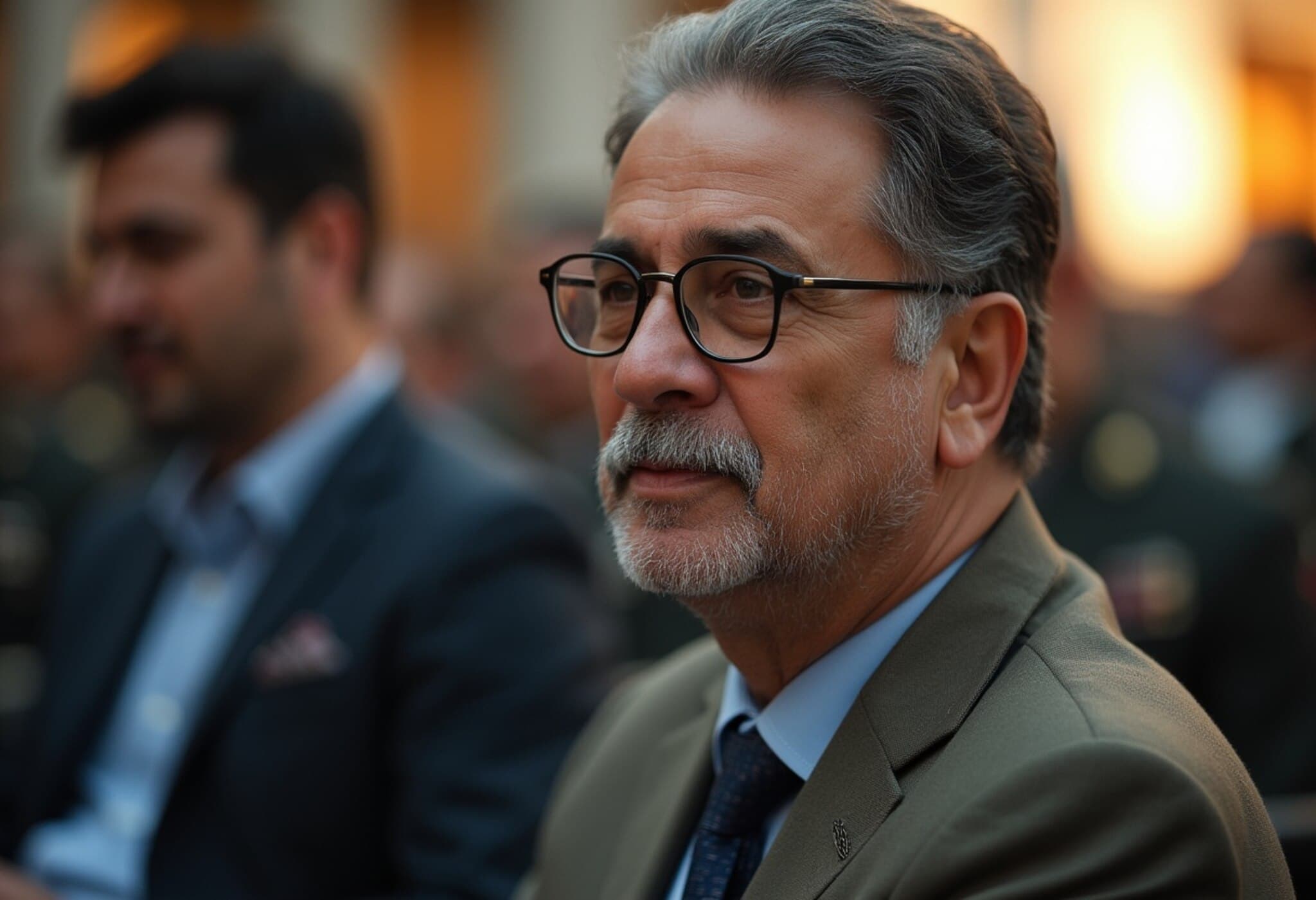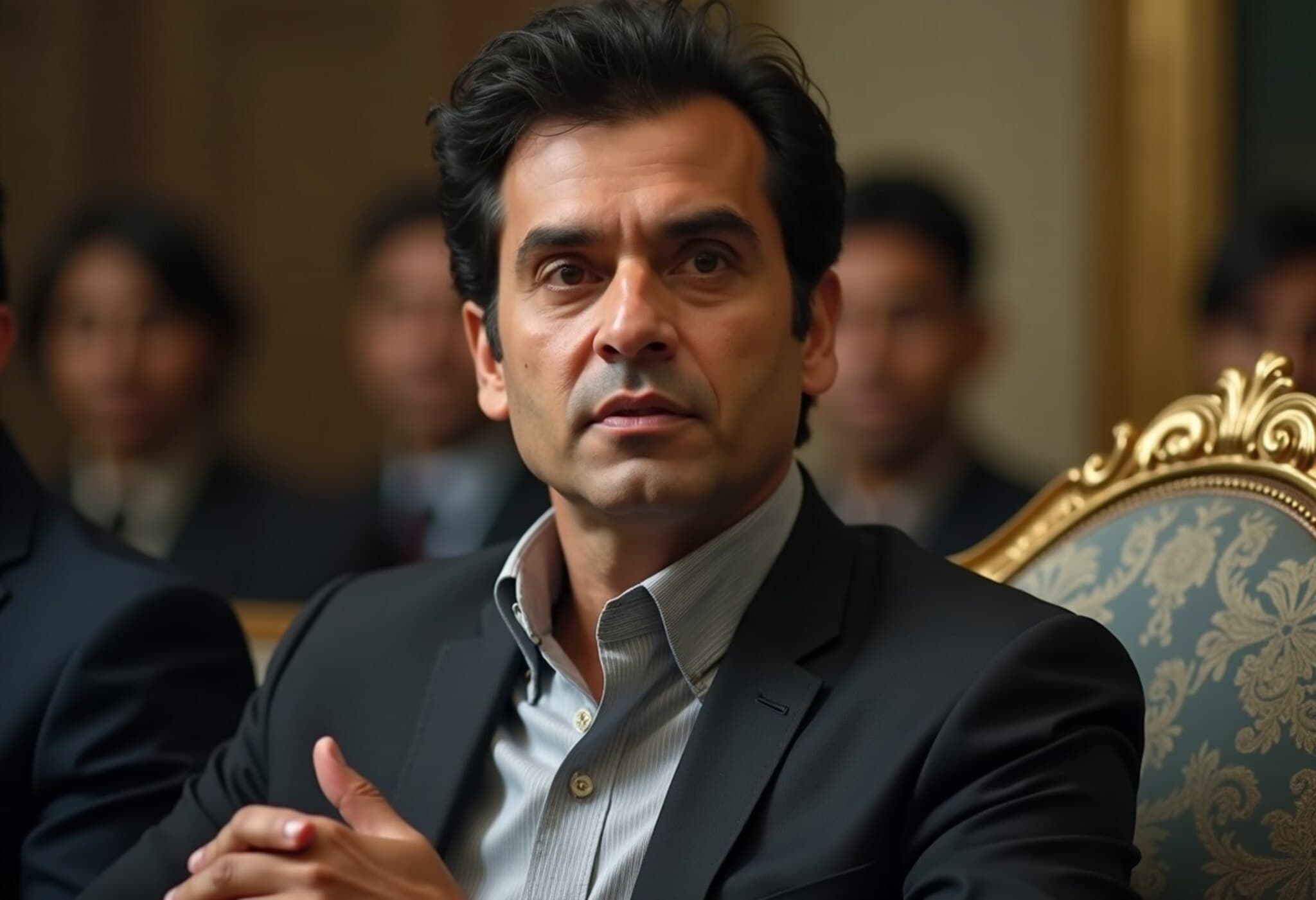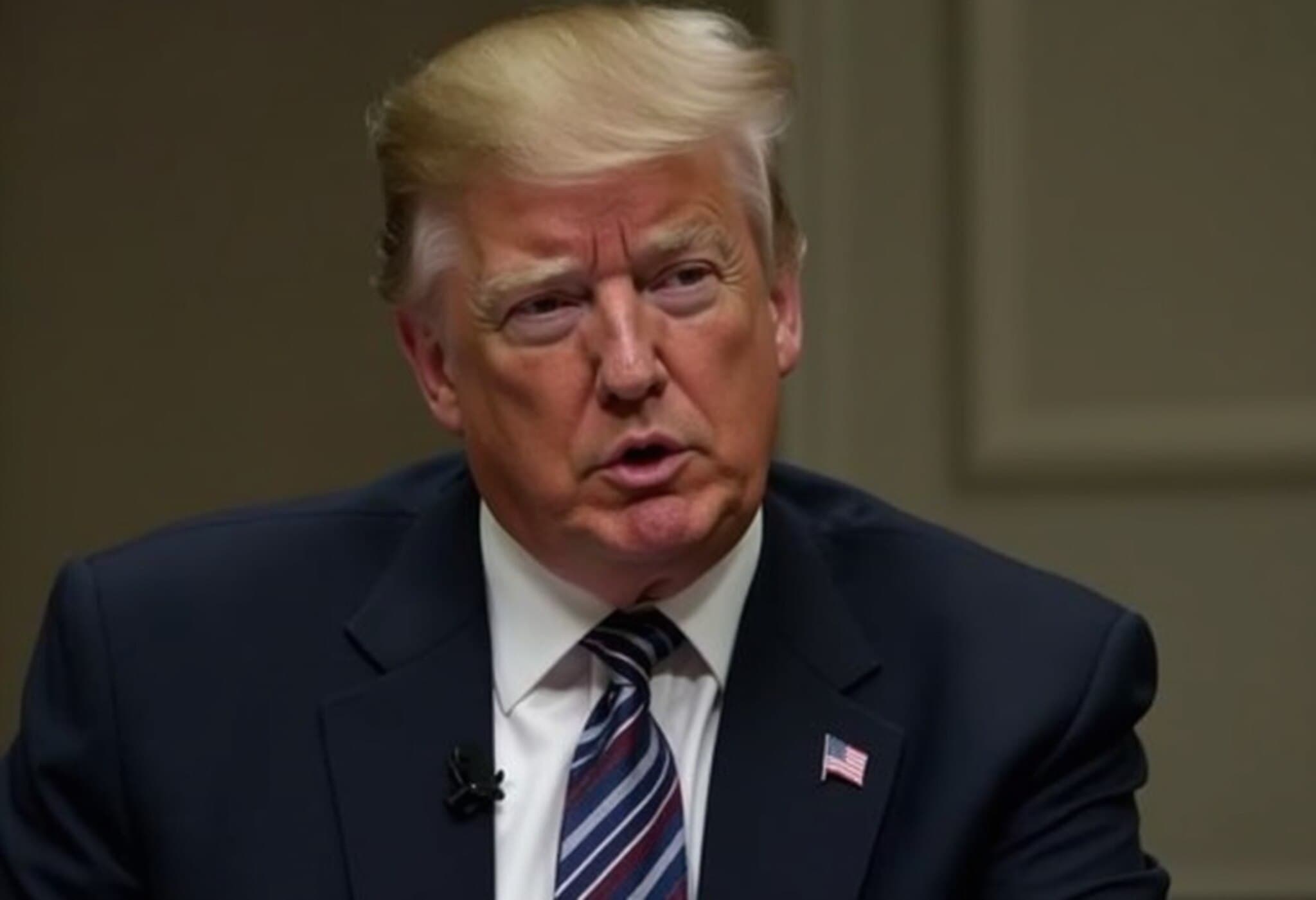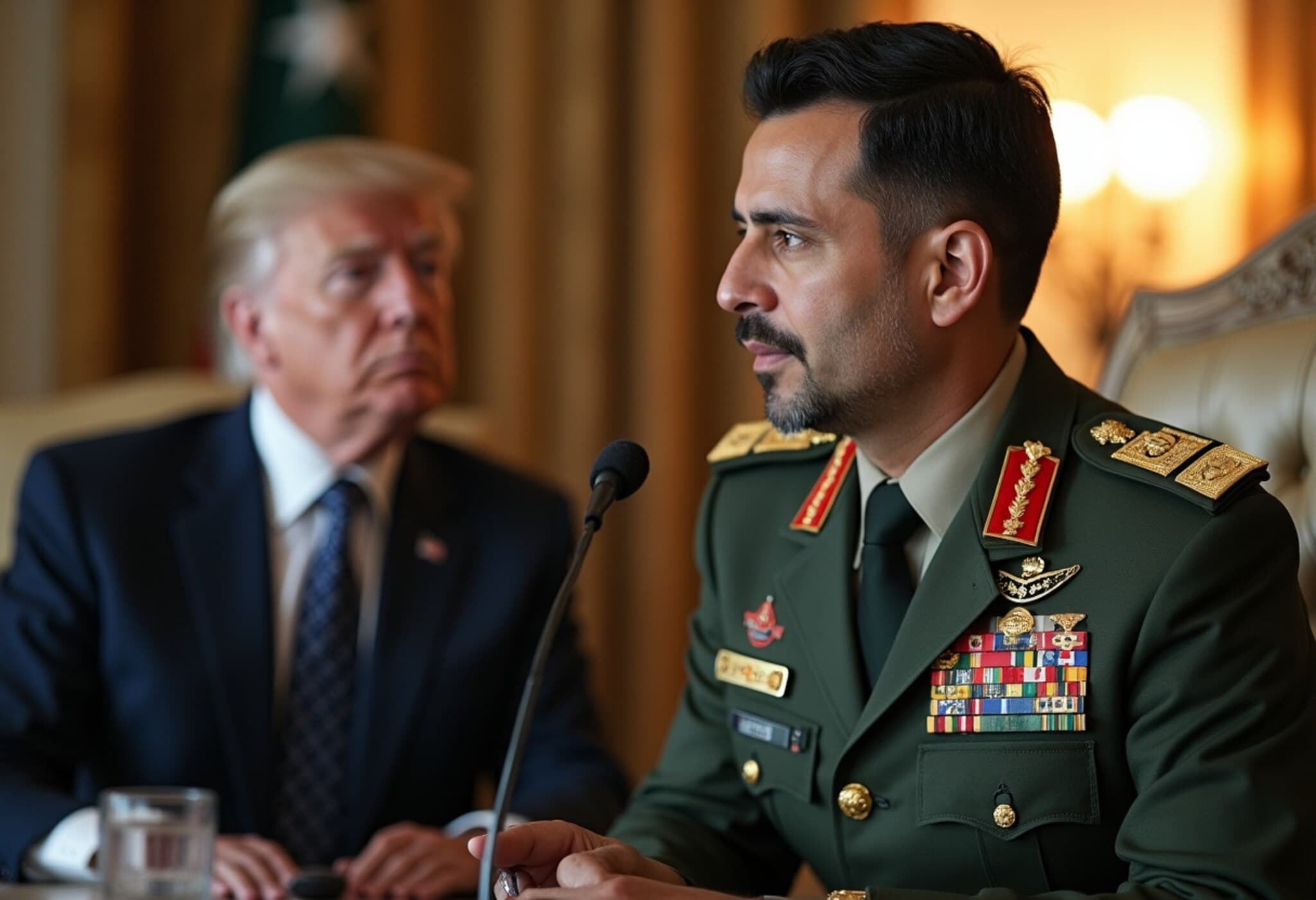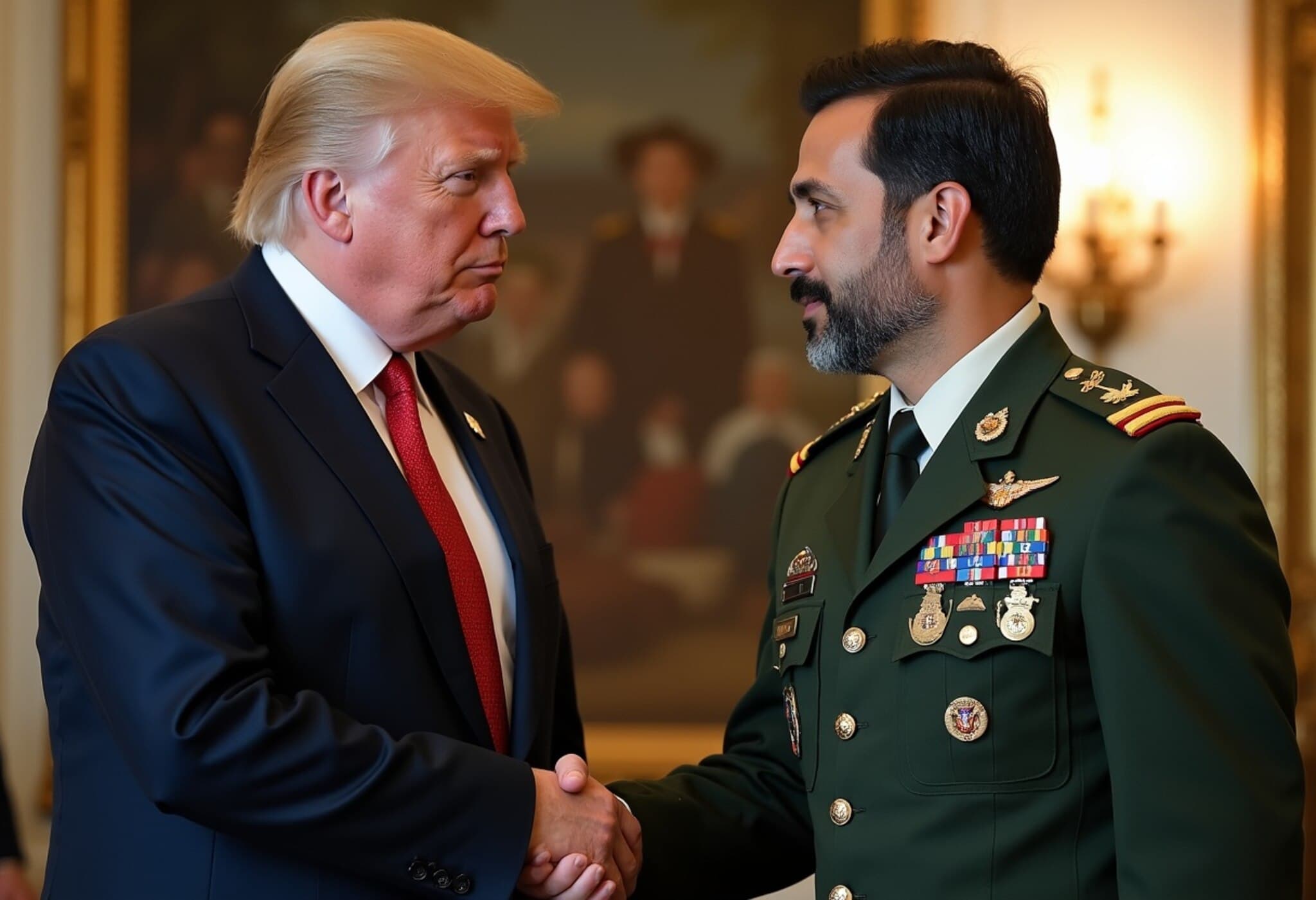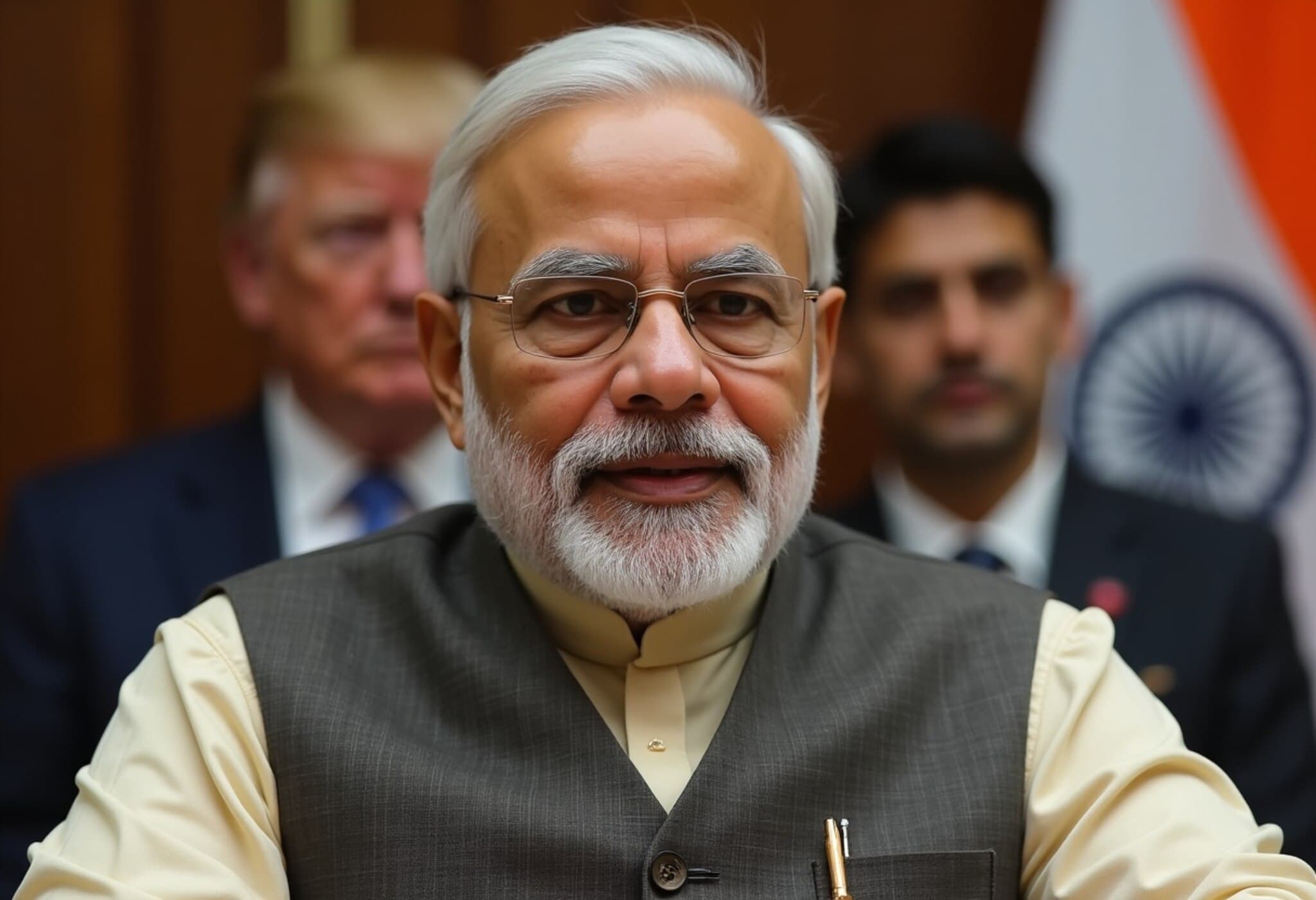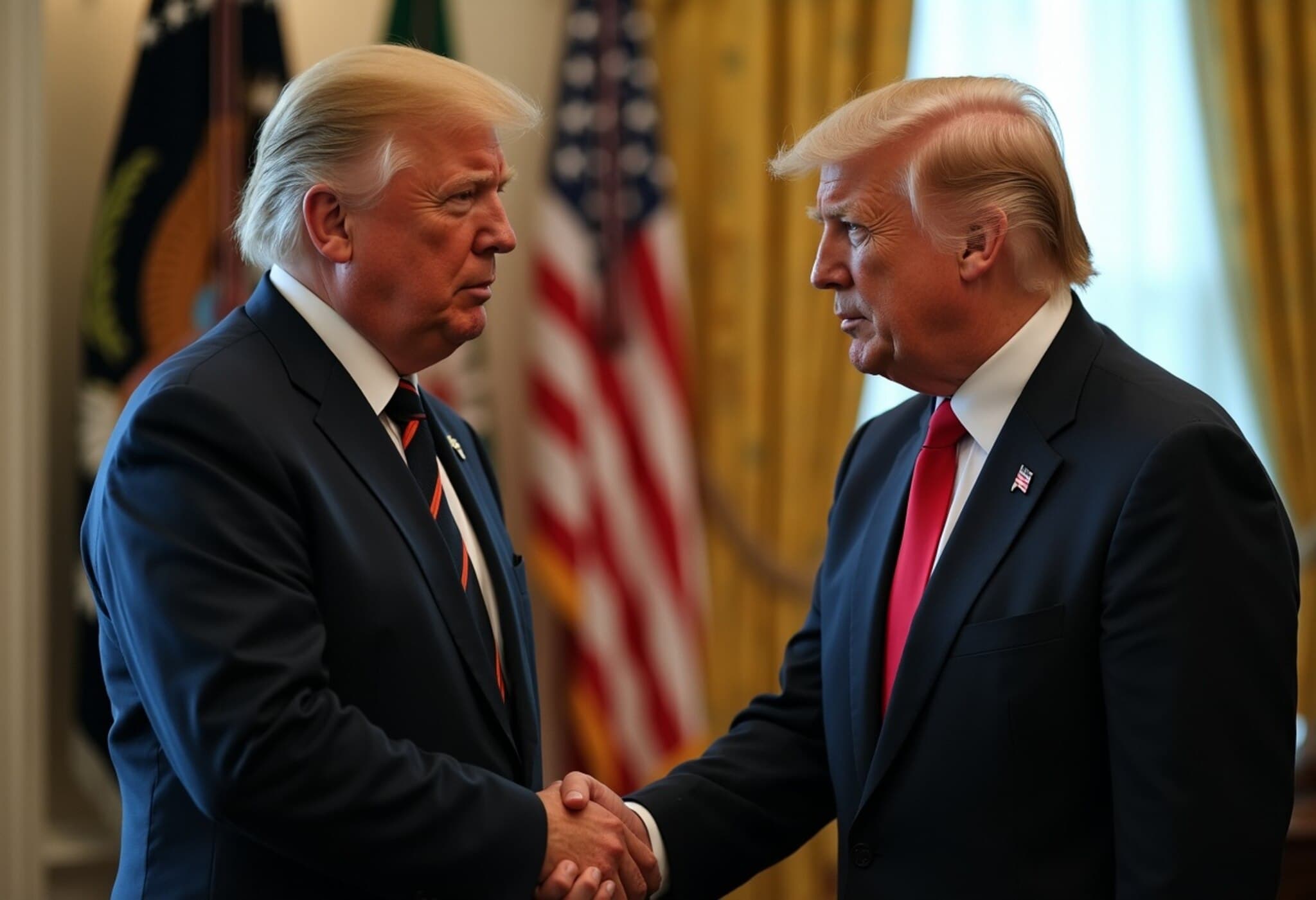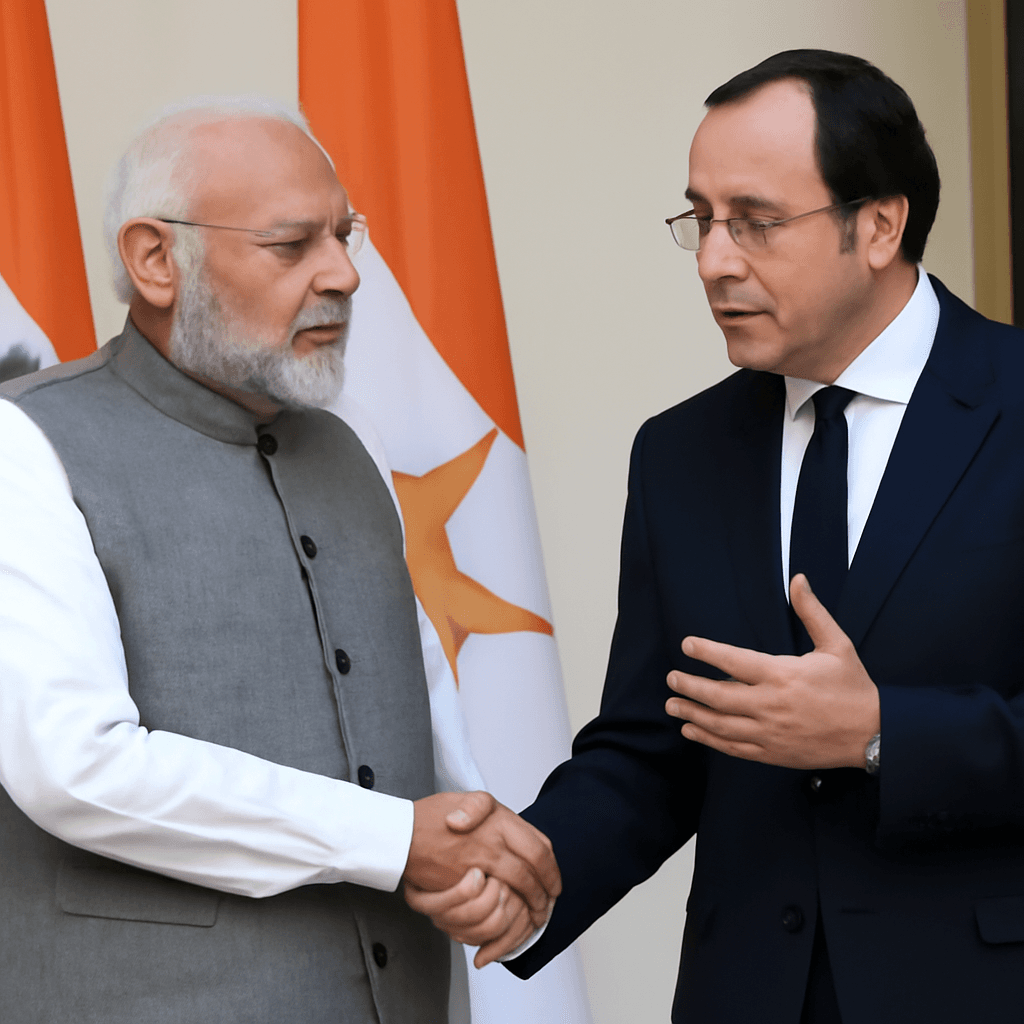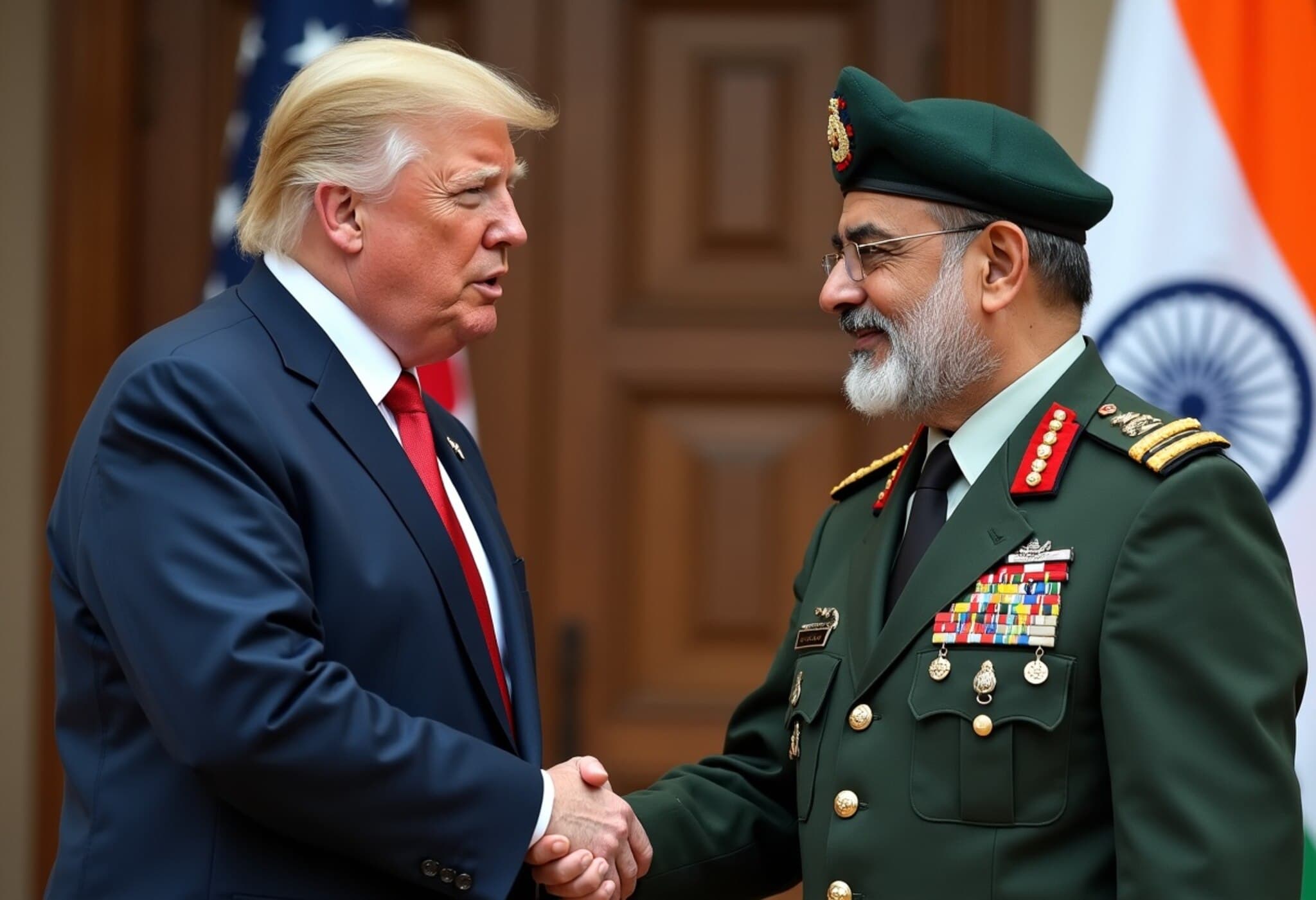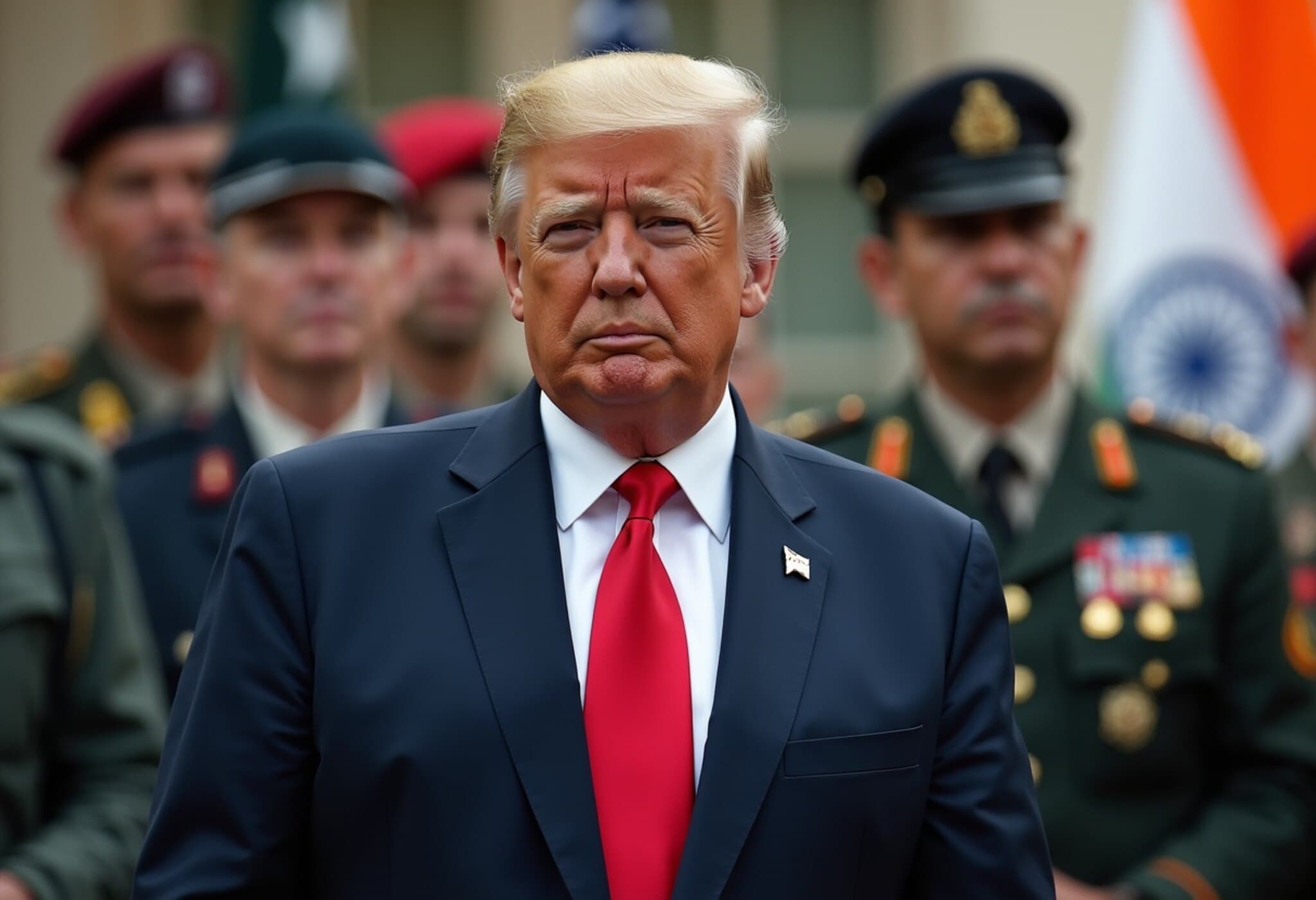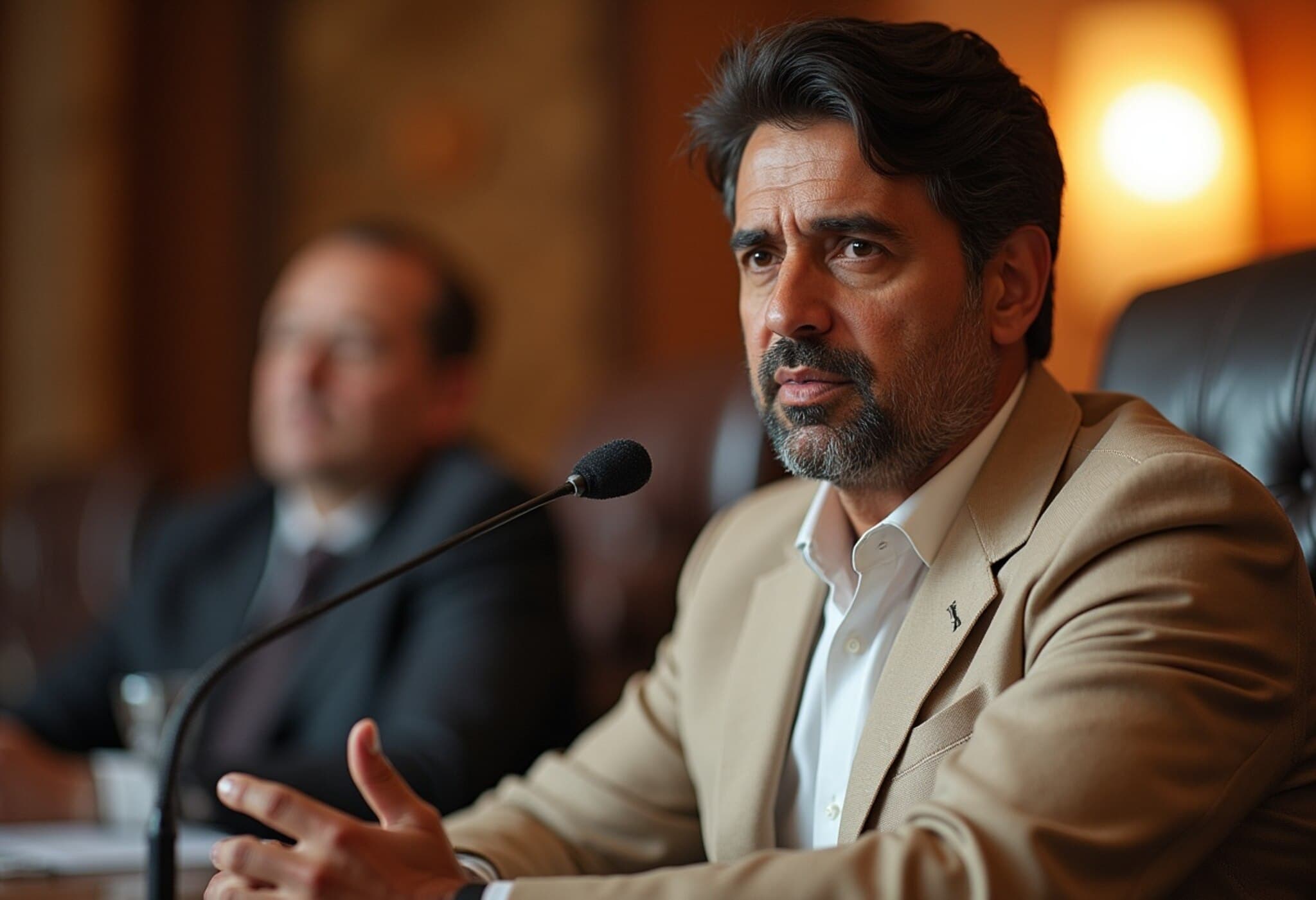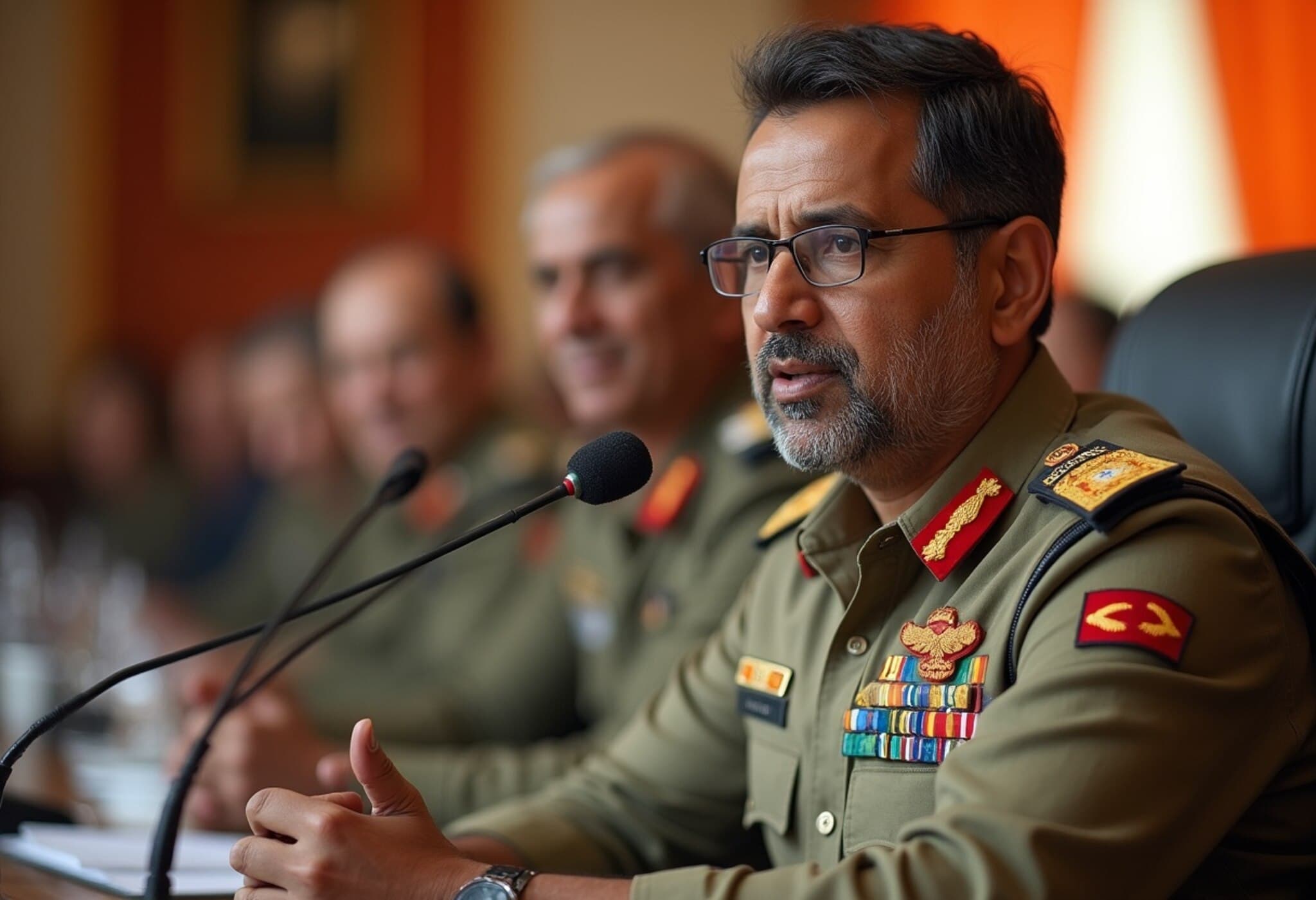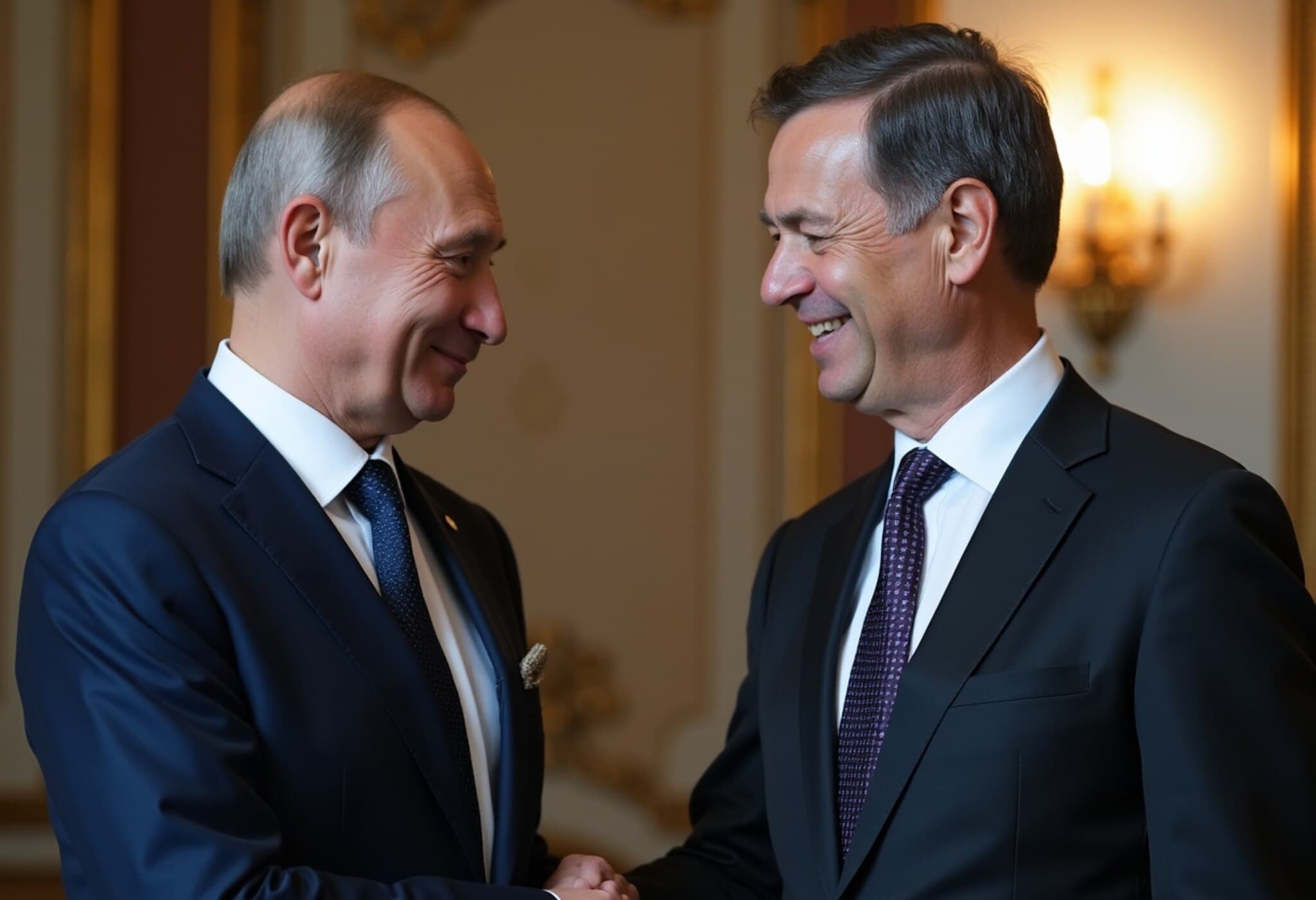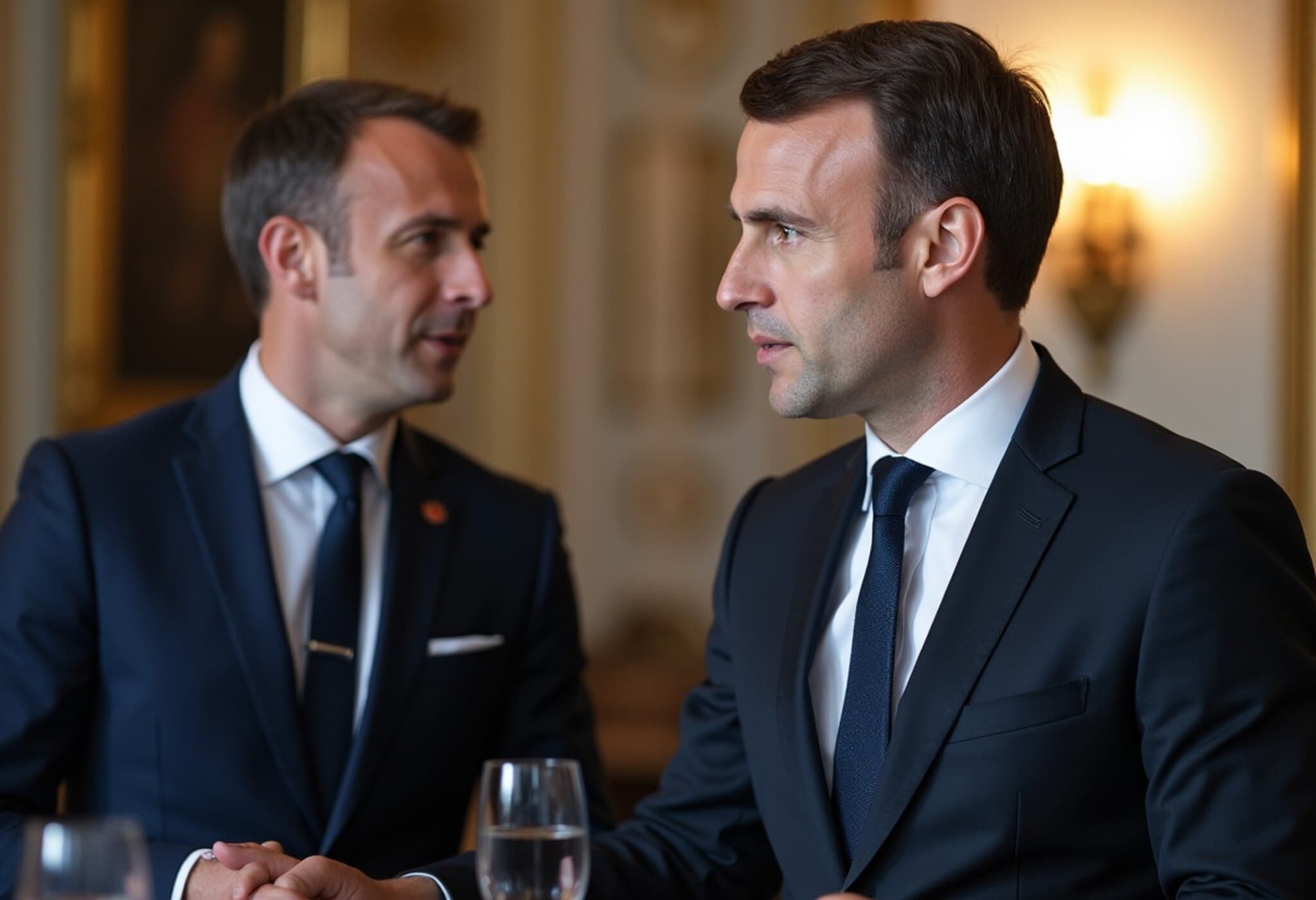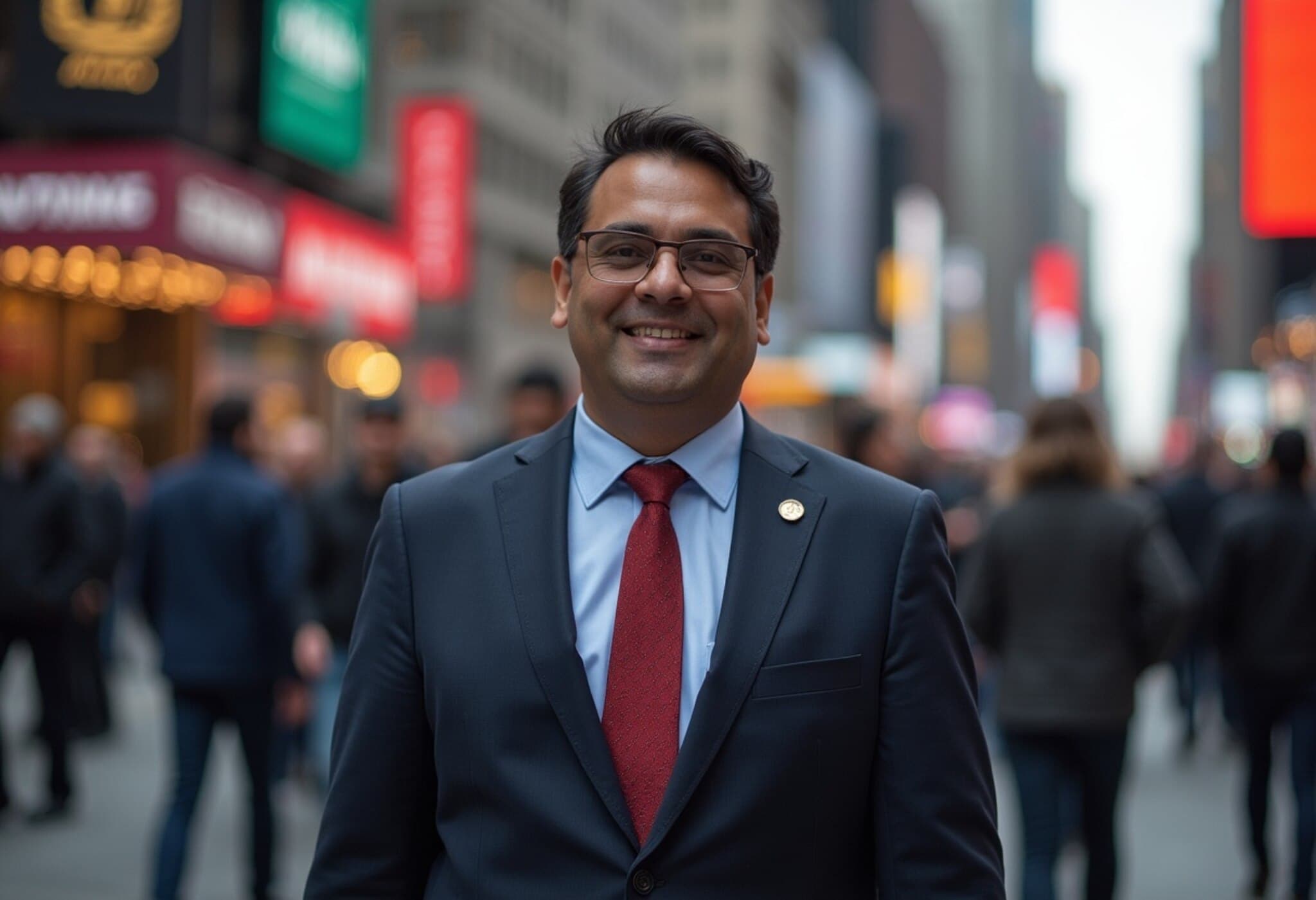Pakistan's PM Shehbaz Sharif Opens Door for Peace Talks with India
Pakistan's Prime Minister Shehbaz Sharif has reiterated his government’s willingness to engage in constructive dialogue with India, aiming to address longstanding disputes. Speaking during a phone call with Saudi Crown Prince Mohammed Bin Salman, Sharif emphasized Islamabad's openness to discuss critical issues such as Jammu and Kashmir, water sharing, trade, and terrorism.
Context Behind the Offer
This gesture comes more than two months after heightened tensions erupted between the two nations, triggered by a deadly terror attack in Jammu and Kashmir’s Pahalgam region on April 22, which left 26 people dead. Following the incident, India took several punitive measures, including suspending the Indus Waters Treaty (IWT) and halting bilateral trade with Pakistan.
India’s Firm Stance
Despite Pakistan’s invitation to talks, India has maintained a strict position. The Ministry of External Affairs underscored that any discussions would focus mainly on the return of Pakistan-occupied Kashmir and the cessation of cross-border terrorism. A spokesperson reiterated India's insistence that the Indus Waters Treaty would remain suspended until Pakistan unequivocally abandons its support for terrorism. Quoting Prime Minister Narendra Modi, they declared: “Terror and talks cannot go together, terror and trade cannot go together, and water and blood cannot flow together.”
Recent Military Clashes and Ceasefire
The April terrorist attack prompted the Indian military to launch targeted strikes on terrorist infrastructure in Pakistan-administered areas on May 7. This engagement led to four days of cross-border clashes before culminating in a ceasefire agreement proposed by Pakistan on May 10, which helped de-escalate tensions between the two countries.
Diplomatic Exchanges and Regional Concerns
During the conversation with the Saudi Crown Prince, Sharif also expressed deep gratitude for Saudi Arabia's support throughout the recent standoff. Furthermore, the two leaders discussed the volatile situation in West Asia, with the Pakistani Prime Minister advocating for an immediate de-escalation of the Iran-Israel conflict through diplomatic means.
Previous Outreach Attempts
This is not the first time Prime Minister Sharif has reached out for dialogue. In recent visits to Iran and Azerbaijan, he voiced similar intentions to resolve all outstanding disputes with India, encompassing Kashmir, terrorism, water sharing, and trade ties.
Looking Ahead
While Pakistan positions itself ready to engage in meaningful talks, the road to reconciliation remains complex. India's emphasis on addressing security concerns and terrorism continues to be a significant hurdle. Both countries remain at a delicate crossroads, balancing cautious diplomacy with entrenched challenges.

